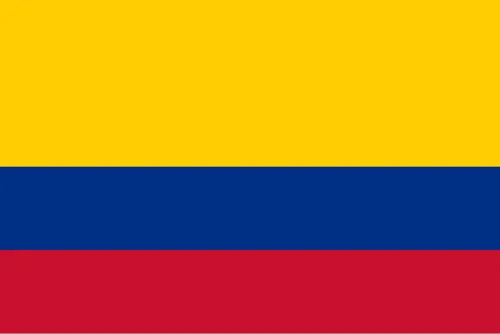
Celebrating Indonesia's Independence Day: A Commemorative Journey
Each year on August 17th, Indonesia marks a monumental day in its history: Independence Day. This national holiday commemorates the declaration of independence from Japanese occupation in 1945, a pivotal moment that shaped the nation's identity and spirit.
The Historical Context
The journey to independence began during World War II when Indonesia was occupied by Japan from 1942 to 1945. The harsh realities of colonial rule led to a growing desire for freedom among the Indonesian populace. The culmination of this sentiment resulted in the proclamation of independence on August 17, 1945, by Sukarno and Mohammad Hatta, the country's founding fathers.
Significance of August 17th
For Indonesians, Independence Day is more than just a public holiday; it is a celebration of national pride. On this day, the nation remembers the sacrifices made by its heroes who fought for freedom against colonization. The proclamation of independence not only signaled the end of Japanese rule but also marked the beginning of a new chapter in Indonesia's history, as the country sought to establish itself as a sovereign nation.
Cultural Festivities
Each year, towns and cities throughout Indonesia organize various festivities to honor this historic day. The celebrations typically include a ceremonial flag-raising event, patriotic speeches, and community gatherings. Additionally, traditional performances, parades, and cultural exhibitions are held, showcasing Indonesia's rich and diverse heritage.
Community members often come together to participate in friendly competitions, such as sack races, tug-of-war, and other games, fostering a sense of unity and camaraderie. These activities not only reflect the playful spirit of Indonesians but also reinforce the message of togetherness and national solidarity.
Reflections on Freedom and Unity
Independence Day serves as a reminder of the struggles endured and the values of freedom and unity. As the nation comes together to celebrate, it reflects on both past and present challenges, forging a path towards a more progressive future. The spirit of independence imbues every corner of the archipelago, reminding all Indonesians of their shared responsibility in upholding the nation's sovereignty and democratic ideals.
Global Impact and Recognition
Indonesia's fight for independence resonates well beyond its borders. The country's success story has inspired many other nations and movements striving for self-determination. As one of the world's largest archipelagos, Indonesia showcases the beauty of diversity and inclusivity, making it a significant player on the global stage.
International recognition of Indonesia's Independence Day continues to grow, with many countries acknowledging the significance of self-governance and the right to freedom. As a result, August 17th is a date celebrated not only in Indonesia but also by those who believe in the universal values of liberty and justice.
Conclusion
As Indonesia celebrates Independence Day each August 17th, it honors its rich history, values, and aspirations. This day encapsulates the essence of being Indonesian, bringing people together in joy, gratitude, and renewed commitment to the ideals of freedom, justice, and unity. The legacy of August 17, 1945, will continue to inspire generations to come, reminding everyone that true independence is not just about the absence of colonization but also about empowering every citizen to contribute to their country's future.





